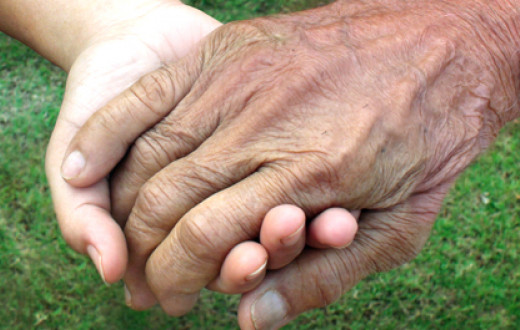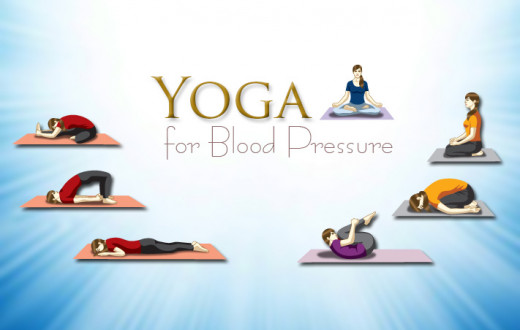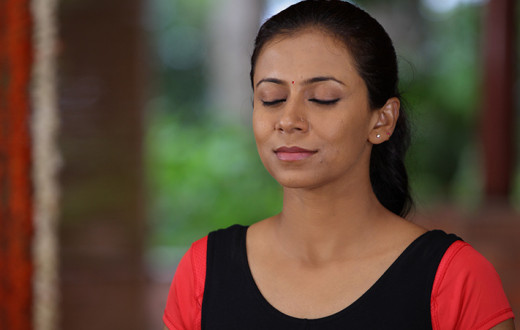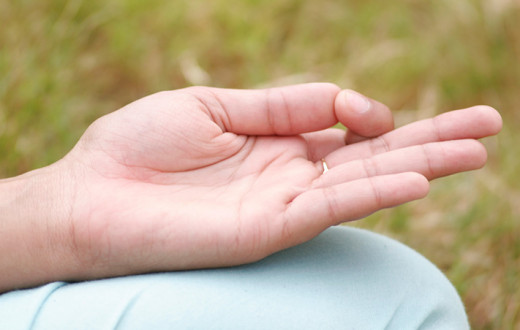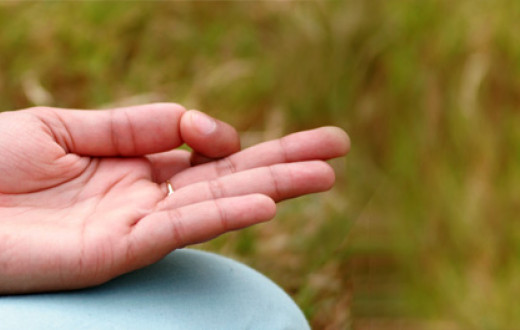Meditation is not an act; it is the art of doing nothing! The rest in meditation is deeper than the deepest sleep that you can ever have.
When the mind becomes free from agitation, becomes calm and serene and is at peace, meditation happens.
When the mind is engaged in some activity, it gets tired. So any type of concentration, contemplation or any activity in the mind can drain your system. Meditation is that which doesn't drain you, but just gives you deep rest and we withdraw from all sensory activities like seeing, listening, smelling, tasting. It is almost like sleep, but not exactly sleep. Meditation is not concentration, it is de-concentration, letting go.
When can you rest? Rest is possible when you have stopped all activities. When you stop moving around, stop working, talking, seeing, hearing, smelling, tasting, thinking - then you get rest or sleep. In sleep you are left with only involuntary activities like breathing, heartbeat, food digestion, blood-circulation etc. But this is not total rest. When the mind settles down, only then total rest or meditation happens.
There are three modes to our consciousness: waking, dreaming and sleeping; and a fourth mode is the meditative state. That is, you are aware from within and yet fully in a deep state of rest. Meditation calms the mind and gives it deep rest.
What happens in your mind when you have to wait for something? Do you notice the time passing by? In waiting, you observe every moment that is passing by and this very waiting can take you into meditation. When you have to wait, you can either be frustrated or meditative. Feeling time is meditation.
Meditation is that journey from sound to silence, from movement to stillness. It complements activity, though it appears to be completely the opposite factor. For a layman, we can categorize the whole thing in seven layers of existence: body, breath, mind, intellect, memory, ego and the reference point of change which we call the 'Self'. You know in life, we notice everything is changing. And how do we know the change, if there is no reference in the mind? There is something in us that is not changing. That something that has been with us, we call it the Self or the non-changing aspect of our consciousness. So, meditation is a journey to the non-changing reference of our Self, the consciousness.
With the breath you are able to silence the mind much quicker and you can do it anytime, anywhere. People from many religious backgrounds have no objection, because the breath has no religion, no nationality.
By Gurudev Sri Sri Ravi Shankar: first published in Rishimukh

